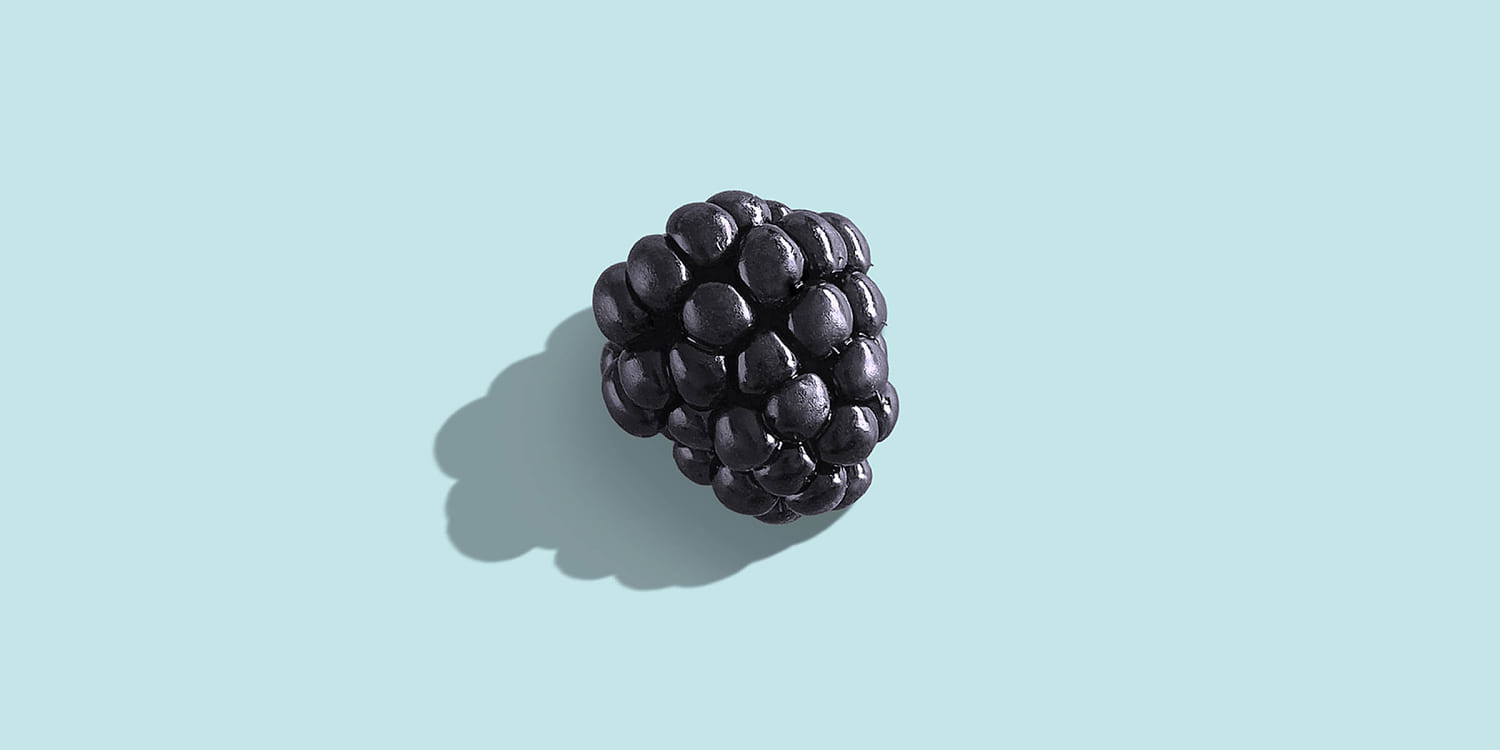The word “inflammation“ is thrown around a lot as a potential cause of chronic health problems. But what does it mean, really? Inflammation is the body’s reaction to stress — like an alarm bell alerting all of your cells to a problem that needs to be fixed ASAP. That stress can come from your diet, lifestyle, environment or an infection.
When you catch a cold, it’s your body’s way of fighting it off. When you cut your skin, it’s the way it heals itself. Short-term inflammation is helpful, but too much of a good thing can turn into a bad thing — and that’s the kind of inflammation that everyone is talking about.

Prolonged, chronic inflammation is linked to just about every chronic disease that can have severe, life-threatening consequences, from obesity to diabetes and heart disease. In fact, people who ate foods with higher “inflammatory potential” had a 46% higher risk of heart disease and a 28% higher risk of stroke compared to people who ate an rich in fruits and vegetables, a 2020 study in the found. Knowing which foods cause inflammation and which foods fight it is one of the best strategies to reduce chronic inflammation and stay healthy, experts say.
While there’s something to gain from all anti-inflammatory foods, berries are a tiny snack that pack a major punch. Blackberries, in a particular, are a standout. Along with vitamin C and tons of fiber, these berries, among others, have been linked to and reducing the risk of .
Berries also topped TODAY.com's list of . These coveted berries deserve their praise.
They contain anthocyanins, compounds that act as antioxidants and . Anthocyanins are also what causes these to turn your fingers purple. Can’t get your hands on some? That’s OK, just include blueberries, cherries, cranberries and eggplant in your diet, which all contain anthocyanins.
This cruciferous veggie contains an antioxidant called sulforaphane, which to reduce levels of inflammatory compounds. It’s also linked to a reduced risk of heart disease and cancer, which may be attributable to its anti-inflammatory powers. In addition to its , cinnamaldehyde, a compound found in cinnamon, is an antioxidant that inhibits expression of inflammatory compounds.
Olive oil’s many health benefits are partially attributed to its ability to prevent inflammation. It contains oleic acid, a monounsaturated fat , and is loaded with powerful antioxidants, the compounds that battle free radicals, unstable molecules that can increase cancer risk. Just be sure to reach for the cold-pressed variety which is extracted from olives without the use of heat, thus, better preserving flavor, nutrients and antioxidants.
Organosulfur compounds in garlic have been found to inhibit inflammatory enzymes and decrease production of inflammatory-signaling molecules in the blood. Now you have an excuse for that garlic breath! These berries are a triple threat against battling inflammation. They contain powerful antioxidants like vitamin C, anthocyanins and glutathione.
That’s likely why eating them regularly can reduce inflammatory markers. This is filled with curcumin, which acts as a powerful antioxidant to fight free radicals while at the same time lowering levels of enzymes that cause inflammation. It’s like the Superman of anti-inflammatory foods.
Leafy greens include kale, spinach, cabbage, watercress, romaine lettuce, Swiss chard, arugula and endive. These foods are "naturally rich in polyphenols and antioxidants, which helps them fight oxidative stress, which is a major contributor of inflammation," , registered dietitian nutritionist, and plant-based and diabetes expert, tells TODAY.com.
"They also contain magnesium, which may help decrease" certain inflammation markers, she adds. Try working a cup or two into your salads, soups and smoothies, she suggests. "Dark yellow vegetables, like yellow peppers, pumpkin, and carrots, are rich in carotenoids (beta carotene and lutein), which have been shown to help support immune health and decrease inflammation," says Sheth.
These vegetables are also a great source of fiber, which promotes gut health and inflammation management, she adds. Try incorporating half a cup to a cup of these veggies to grain bowls, roasted as a side dish or mixed into soups. There's a big selection of fatty fish, but the most popular is salmon.
"(It's) a good choice," Dr. Ian Smith, author of “Eat Your Age: Feel Younger, Be Happier, Live Longer,” said during an April 16 segment on TODAY. But if it's not your favorite, it's not your only option.
Other fatty fish include sardines and mackerel, which are also "excellent sources of omega-3 fats, which are known to have positive anti-inflammatory benefits," says Sheth. "They specifically work by helping decrease IL-6 and TNF-alpha (inflammatory markers), which are often elevated in chronic inflammatory conditions. Aim for at least two 3-4-ounce servings per week, and enjoy them baked, grilled or in stews," she adds.
When it comes to whole grains, there are tons of options, from wheat to oats, rye, buck wheat, millet and brown rice. These whole grains have "bran and germ, which provides fiber, phytonutrients, and B vitaminsm which help decrease inflammation by reducing insulin resistance and supporting gut health," says Sheth. She recommends cooking half of cup of your favorite whole grains with each meal.
In the morning, you might have oatmeal, at lunch, quinoa with vegetables in a salad, and brown rice as a side for dinner. "Bottom line, enjoy a variety of colorful and nutrient-rich foods throughout the day as an easy and tasty way to support overall health and keep inflammation in check," she says. A.
Pawlowski is a TODAY health reporter focusing on health news and features. Previously, she was a writer, producer and editor at CNN. Keri Glassman, MS, RD, CDN, is a renowned nutritionist, healthy cooking expert and wellness thought-leader.
She is the founder and CEO of , a lifestyle and media company devoted to helping individuals discover and live their most nutritious (and happiest!) lives. Follow Keri on Instagram . Health Reporter/Editor.
Health

What are the best foods to fight inflammation? Dietitian shares the No. 1 pick

Foods that fight inflammation can reduce risk of chronic diseases. Berries, leafy greens, fruits and certain spices can all reduce inflammation in the body.















